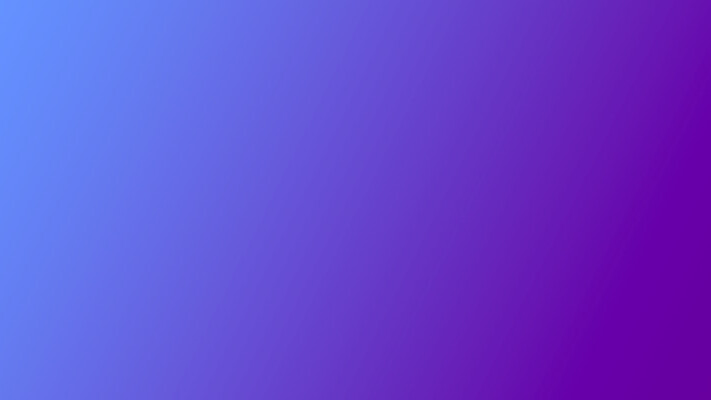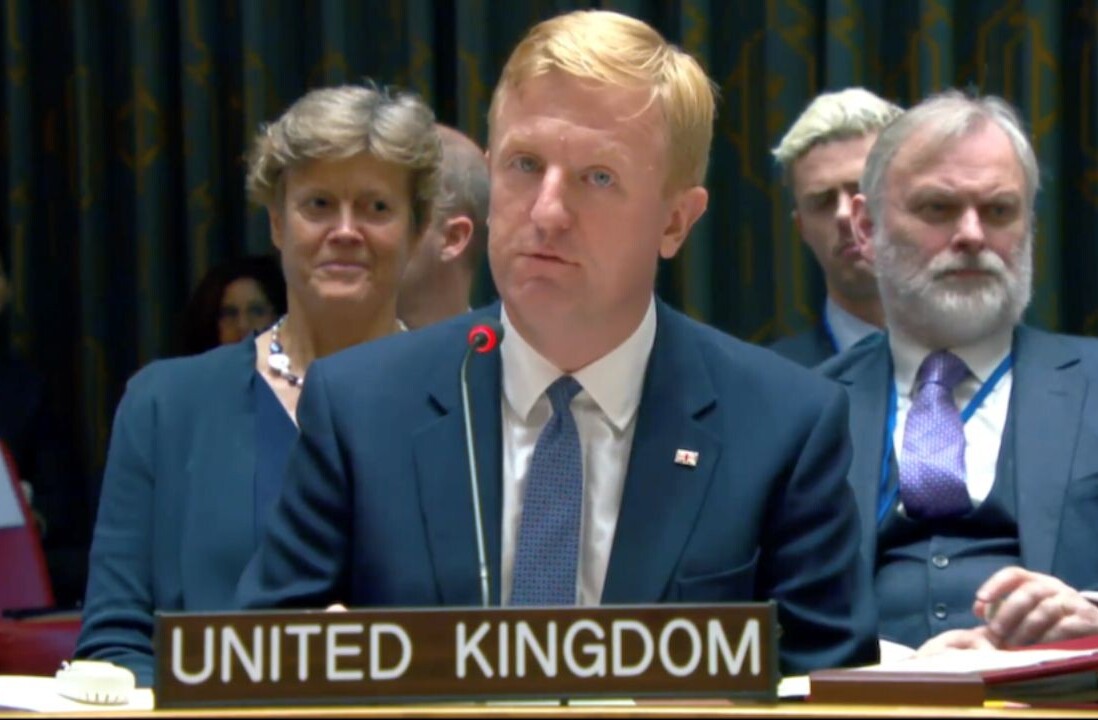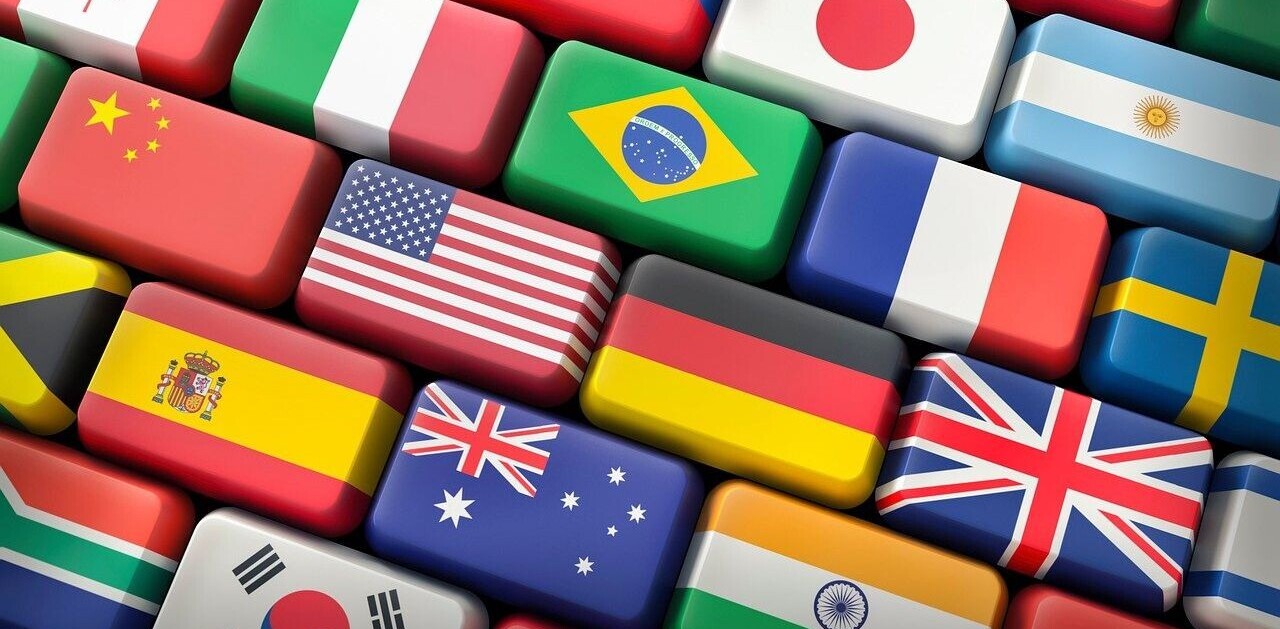
 Le Web 3 kicked off with pumping house beats and an excited couple LeMeur: “We’re all changing the world, so spread the word!”. After this enthusiastic start, Le Web switched to a more critical view on the web revolution. Dan Rose (Facebook), Michel Jaccard (attorney), Jarwoong Lee (Daum Communications, South Korea) and Chris Alden (SixApart) talked about the dark side of web 2.0.
Le Web 3 kicked off with pumping house beats and an excited couple LeMeur: “We’re all changing the world, so spread the word!”. After this enthusiastic start, Le Web switched to a more critical view on the web revolution. Dan Rose (Facebook), Michel Jaccard (attorney), Jarwoong Lee (Daum Communications, South Korea) and Chris Alden (SixApart) talked about the dark side of web 2.0.
Foto by LeWeb
The four gentlemen seemed to agree: the online world is nothing more than a reflection of the real world. Alden:,,It’s the anonymity that brings the ruder side of us out. The companies SixApart is working for, now more and more often ask us to give users a profile. As it turns out, people behave more polite then”.
Online bullying
The government of South Korea is taking this approach to an extreme level. In order to stop online bullying by kids, the government wants to give their children a personal key to access all the available services. Lee doesn’t agree with this drastic way of preventing bullying: “Privacy is more important. Particularly when you consider the risks of identity theft. Moreover, bullying happens on the schoolyard as well. The government therefore should focus on education instead.”
Then all the eyes focused on big shot Facebook. Rose: ,,Half of our 57 million users comes back every day. They are part of 50.000 plus individual networks. Almost nobody uses Facebook anonymously, since our service is based on real world relationships. People won’t become your friend if they don’t know you. So Facebook loses its value when you use a false identity. Therefore, people behave the same way as they do in real life.”
Privacy
Rose also admitted that Facebook made mistakes during the launch of Beacon: “We didn’t listen to our users when they said that didn’t feel like they had control. That contrasted with our normal approach, namely giving users the options to choose who can see their info. Moreover, we did a bad job explaining Beacon. We’ve launched it together with an advertising platform. Therefore users thought it was primarily an advertising tool. It wasn’t designed as such.”
Yet, Rose still believes in the concept of Beacon. “Users still want an easy way to share info with friends. We just have to give them control when we develop a new way.”
User generated content is crap
Lee: “The talks about soccer used to only take place in café’s, now they’re also published on the web. So yes, a lot of user generated content is crap.” Alden didn’t agree, stating that we too often regard Internet as an newspaper. “We think: if information is irrelevant, it’s crap. On the Internet this is not the case, it’s more like a living space. What’s crap for somebody, is relevant to others.” Rose noticed an evolution in ugc: “The first content produced by users were the customer reviews on Amazon. Those were valuable sometimes, however you never knew who had written it. Then bloggers emerged, and we were able to put the reviews in a context. Even though we don’t know them personally. We do know our Facebook friends personal, so their reviews are most relevant to us.”
That’s probably also the reason why on Facebook, there isn’t a lot of spamming going on. The critical discussion ends with a positive note by Rose: “It’s a movement to better content”.
Get the TNW newsletter
Get the most important tech news in your inbox each week.




